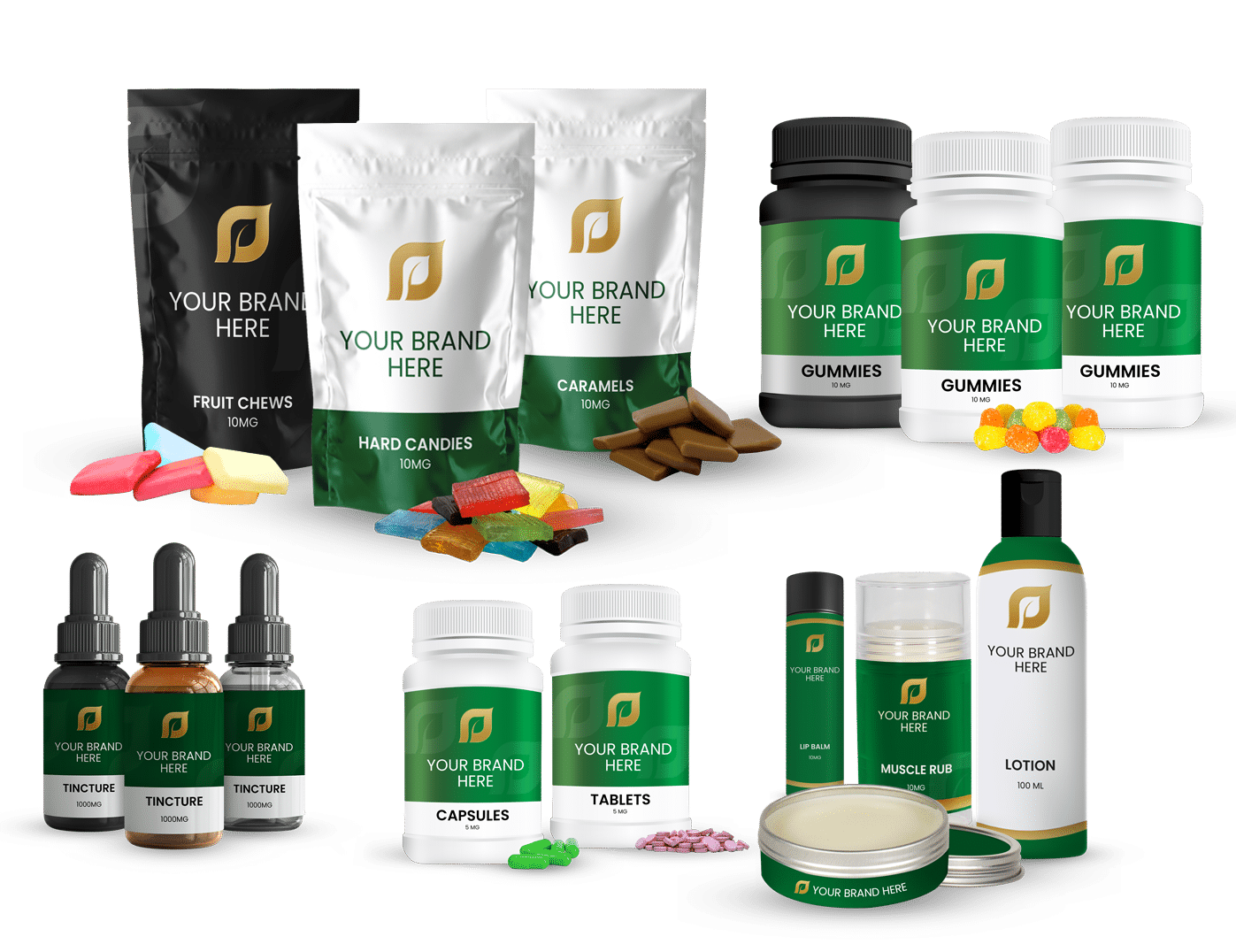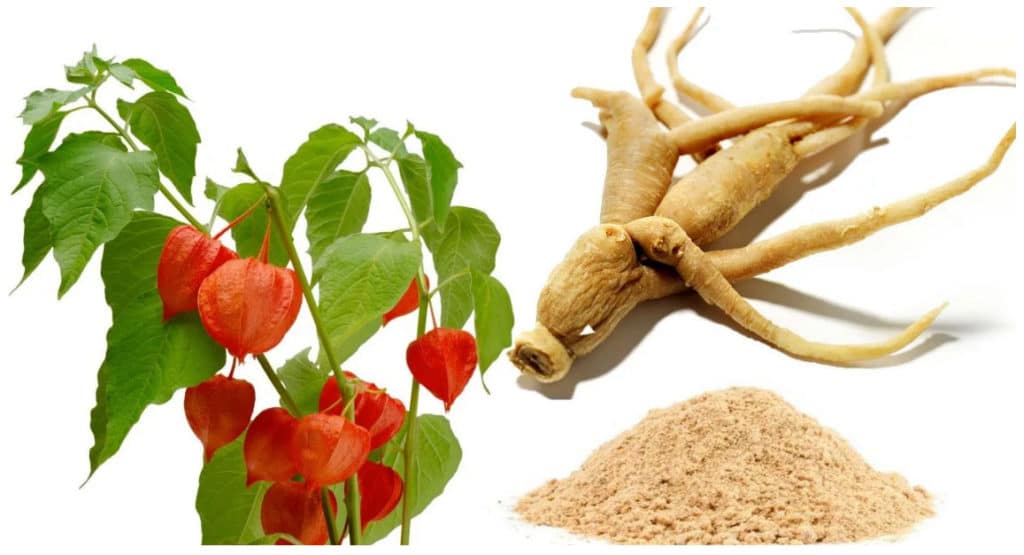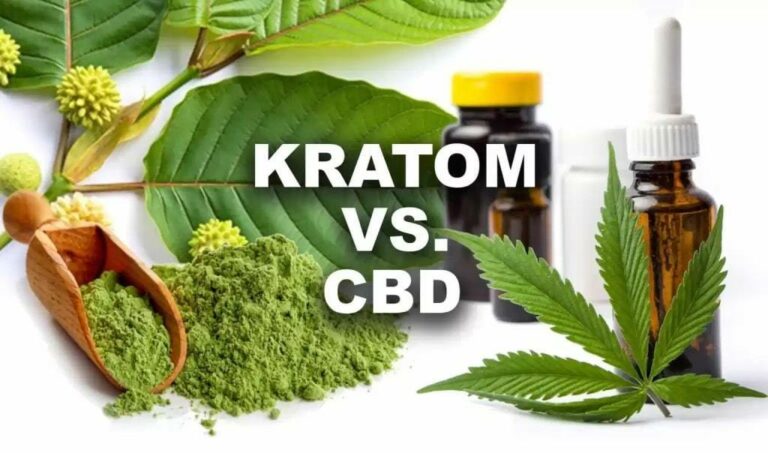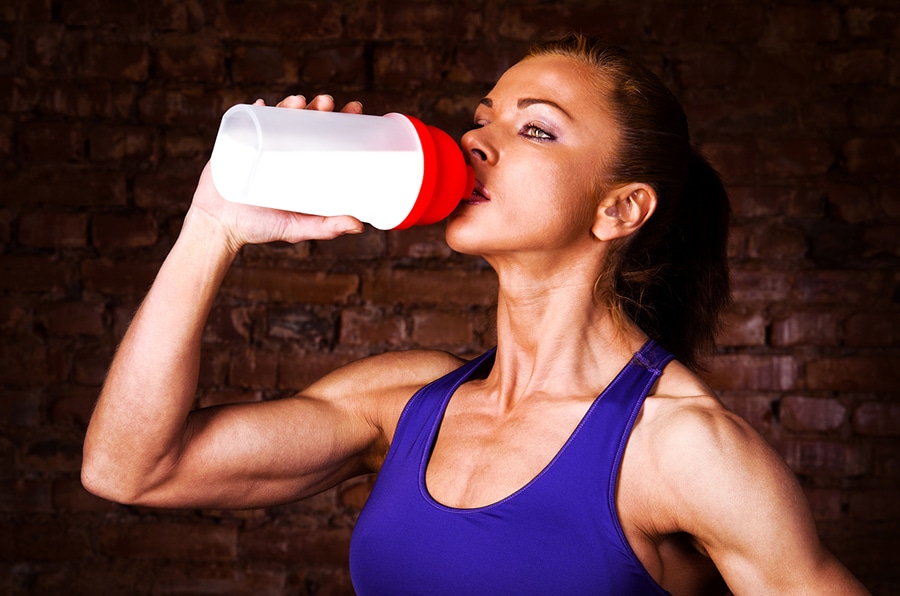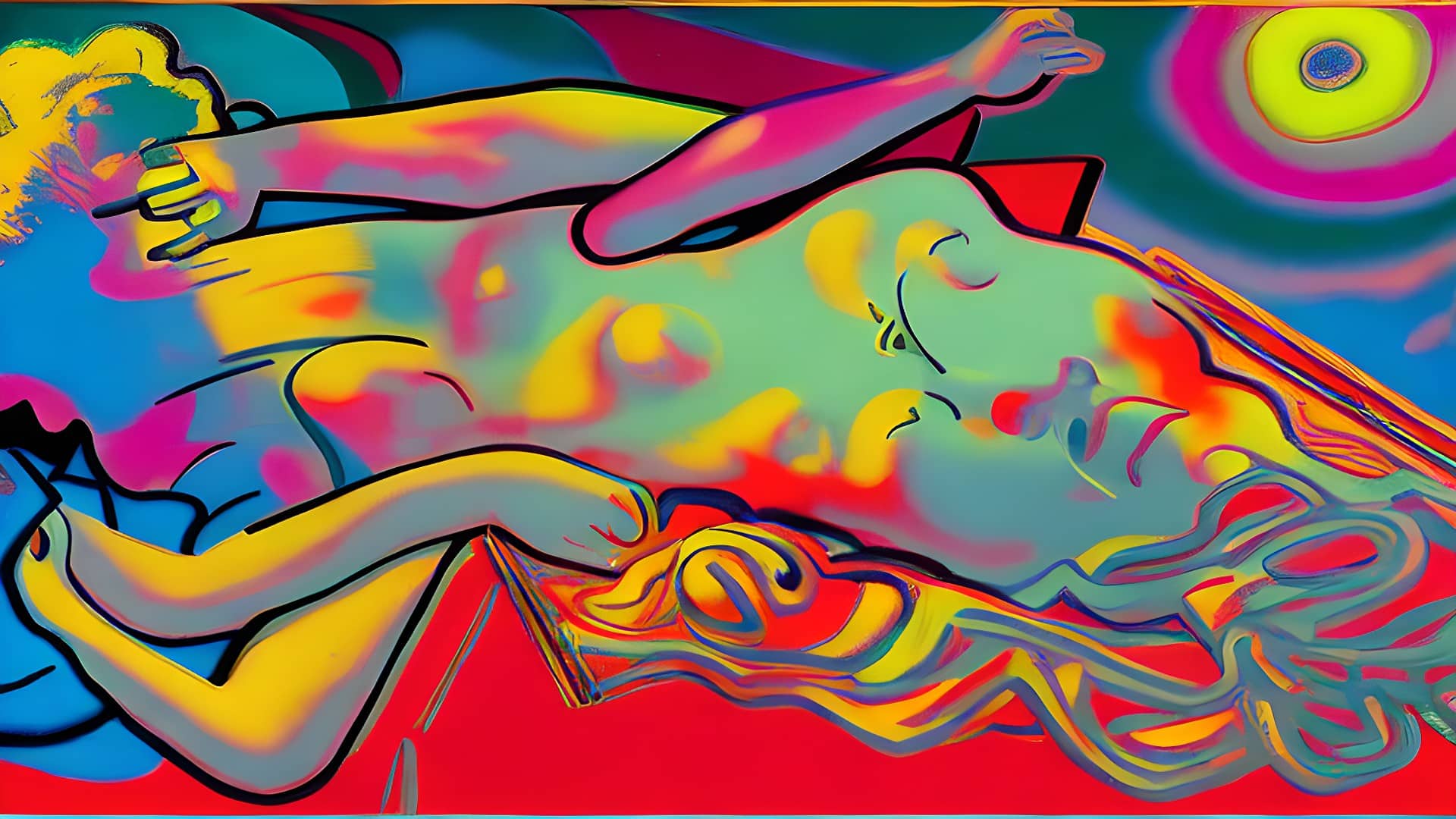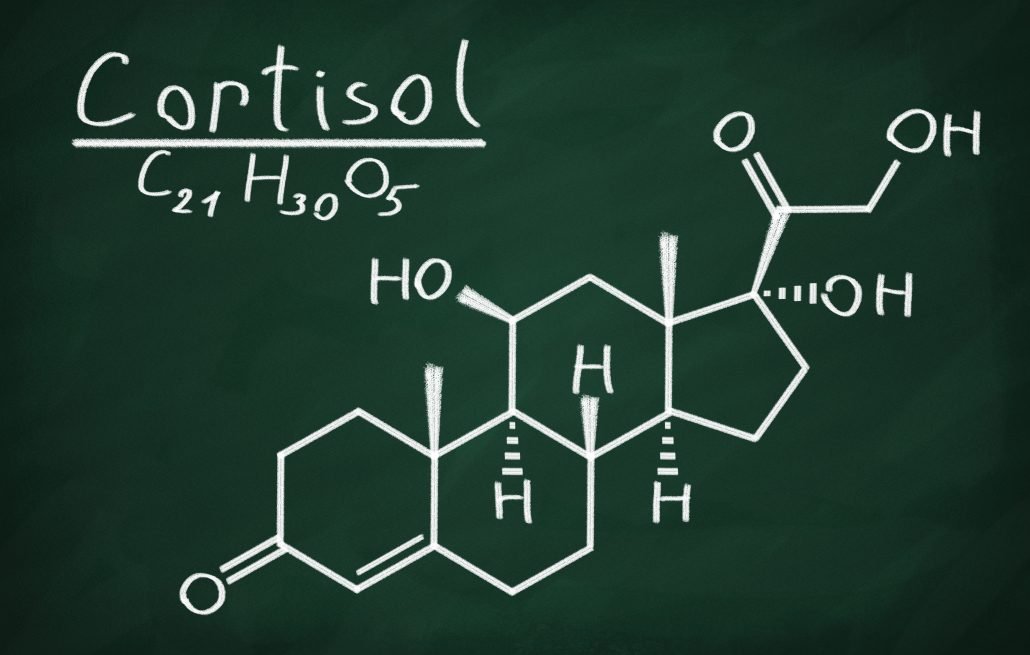CBD gummies have become a favorite wellness product for many, weaving their way into our daily routines with impressive ease. Their popularity is no mystery — these bite-sized treats marry the therapeutic benefits of CBD (cannabidiol) with delightful flavors that make your wellness routine feel less like a chore and more like a sweet indulgence.
For optimal CBD gummy dosage, factor in your body weight, metabolism, desired outcomes, and CBD tolerance. Begin with 25mg, adjust based on effect. Consider gummy type (full-spectrum, broad-spectrum, isolate) for precise dosing.
From delivering calming wellness benefits to alleviating physical discomfort, managing anxiety, promoting stress relief, or acting as a sleep aid, these gummies pack quite a punch. But remember, they contain CBD, a cannabinoid that interacts with your body’s endocannabinoid system, slightly altering your physiological functions. Therefore, the right dosage matters!
Now you might be wondering, “How many CBD gummies should I eat?” And rightly so. Determining the appropriate dosage can be tricky. It isn’t simply about popping as many gummies as you can into your mouth. It’s about understanding your body’s needs and how it responds to cannabinoids such as CBD and THC (tetrahydrocannabinol).
The number of CBD gummies you should consume depends on several factors — from the concentration of CBD in each gummy to your body’s unique chemical makeup. Your weight, metabolism, and even the desired effect all come into play when figuring out the right dosage for you.
Taking too few may lead to no effects at all, while overdoing it could result in unwanted side effects. So, finding that sweet spot is crucial to fully enjoy the benefits of these gummies without any hiccups.
Table of Contents
ToggleWhat Factors Influence My Ideal CBD Gummy Dosage?
Determining the ideal dosage of CBD gummies is a nuanced process, with several factors coming into play. It’s not a one-size-fits-all scenario, and what works for one person might not necessarily work for another. Let’s take a look at some of the key factors that can influence your ideal CBD gummy dosage.
Body Weight: Just like many substances, your body weight plays a significant role in determining how much CBD you should take. Typically, individuals with more body mass require a higher dosage to experience the effects of CBD. That’s why you’ll often see dosage recommendations given per pound of body weight.
Metabolism: Your metabolic rate also matters! Metabolism is the process by which your body breaks down and converts substances, including cannabinoids like CBD. If you have a fast metabolism, you might break down and eliminate CBD more quickly than someone with a slower metabolism, potentially requiring a higher dose or more frequent dosing to maintain effects.
Desired Effects: Why are you taking CBD gummies? Are you looking to improve focus, manage anxiety, or aid sleep? The desired effect can influence the dosage. For instance, you might need a smaller dose for focus improvement during the day and a larger dose to help promote sleep at night.
CBD Tolerance: Over time, regular use of CBD can lead to an increase in tolerance. This means that you might need to take more CBD to achieve the same effects that a smaller dose once provided. However, unlike THC (the psychoactive component in cannabis), CBD doesn’t lead to a ‘high,’ so increased tolerance doesn’t mean an increased risk of feeling disoriented or impaired.
It’s crucial to remember that each person’s endocannabinoid system is unique. This system in our bodies interacts with cannabinoids like CBD and can respond differently depending on various factors, such as genetics and overall health. Therefore, the amount of CBD that feels right for you might be different from what works for your friend or family member.
Starting with CBD Gummies: What’s the Recommended Initial Dose?
If you’re new to CBD gummies, you might be wondering where to start. How many should you eat? What’s a safe initial dose? These are all valid questions, and I’m here to help guide you through this process.
The golden rule when starting your CBD journey is to “start low and go slow.” This means beginning with a small dosage and gradually increasing it over time, depending on how your body responds. It’s about finding the right balance for your unique needs.
CBD Gummy Dosage Chart
You can use the following chart to get a good idea of common CBD dosages based on body weight and desired effect strength.
| Body Weight | Low Dose | Medium Dose | High Dose |
|---|---|---|---|
| 100 lbs. | 10 mg | 30 mg | 60 mg |
| 140 lbs. | 14 mg | 42 mg | 84 mg |
| 180 lbs. | 18 mg | 54 mg | 108 mg |
| 220 lbs. | 22 mg | 66 mg | 132 mg |
| 260 lbs. | 26 mg | 78 mg | 156 mg |
| 300 lbs. | 30 mg | 90 mg | 180 mg |
A common recommendation for beginners is to start with an initial dose of 25mg of CBD twice daily. This amount is generally considered to be safe and effective for most people. However, it’s important to remember that everyone is different. What works well for one person may not work as well for another.
Now, let’s talk about a structured approach to finding your ideal dosage – the COR method. COR stands for “Care Observation Research,” and it’s a simple yet effective way to monitor your body’s response to CBD.
Here’s how it works:
- Start with the recommended initial dose (in this case, 25mg twice daily).
- Observe your body’s response over a few days or a week. Pay attention to any changes in your physical or mental wellbeing.
- Adjust your dosage based on your observations. If you notice that the initial dose isn’t quite having the desired effects, consider increasing it slightly. Remember, it’s always best to increase your dosage gradually rather than making large jumps.
The beauty of the COR method is that it encourages you to listen to your body and adjust accordingly. It promotes mindfulness in wellness – an approach I’m a big fan of!
Remember, when starting with CBD gummies, patience is key. It might take some trial and error before you find the perfect dosage. But by starting low, going slow, and observing your body’s response, you’ll be on the right track to finding your ideal CBD gummy dosage.
How Do Different Types of CBD Gummies Affect Dosage?
Once you start exploring the world of CBD gummies, you’ll discover that there are different types to choose from: full-spectrum, broad-spectrum, and isolate. These terms refer to the kind of CBD used in the gummies and can influence your dosing needs.
Full-spectrum CBD includes all the naturally occurring compounds found in the hemp plant, including minor cannabinoids, terpenes, and trace amounts of THC. The combination of these compounds creates what’s known as the “entourage effect” — a synergy that enhances the overall effects of the CBD. Because of this, you may find that you need less of a dosage compared to other types.
Broad-spectrum CBD, on the other hand, undergoes an additional filtration process to remove any traces of THC while retaining other beneficial compounds. This means it can still offer some benefits of the entourage effect without any risk of psychoactive effects. Depending on your body’s response, your ideal dosage could be similar to or slightly higher than with full-spectrum CBD.
Lastly, CBD isolate is the purest form of CBD, containing 99% cannabidiol and no other plant compounds. Without the entourage effect at play, you might need a higher dose compared to full-spectrum or broad-spectrum products to achieve the same effects.
Now, here’s where it gets interesting: everyone’s body responds differently to these various types of CBD. Some people might find that full-spectrum CBD works best for them, while others might prefer broad-spectrum or isolate. It’s all about finding what works best for your unique needs and wellness goals.
So, when considering how different types of CBD gummies affect your dosage needs, remember this: it’s not just about how much you’re taking; it’s also about what kind you’re taking. As always, start low, go slow, and adjust based on your observations. That’s the key to finding your perfect CBD gummy dosage.
How Can I Adjust My Gummy Dosage Over Time?
Finding your perfect CBD gummy dosage isn’t a one-and-done thing. It’s a process that evolves along with you and your wellness journey. Just like your favorite pair of jeans might fit differently after a few months of regular exercise, your ideal CBD dosage might change as your body adjusts.
The golden rule when it comes to adjusting your gummy dosage is to go slow. Remember, we’re not looking to sprint here; we’re pacing ourselves for a marathon. Start by maintaining your initial dosage for at least a week before making any adjustments. This gives your body time to acclimate to the CBD and allows you to observe how it affects you.
If, after this period, you feel the effects are too mild or non-existent, consider increasing the dosage gradually. A good rule of thumb is to increase by an additional 5-10mg per dose and maintain this new dosage for another week. Bear in mind that it’s always better to err on the side of caution when it comes to increasing your dose.
But what if you’re feeling too drowsy or experiencing other mild side effects? In that case, it’s recommended to decrease your dosage until these effects subside. Again, doing so gradually ensures minimal disruption to your body’s balance.
It’s important to note that there’s no one-size-fits-all answer here. Your ideal CBD gummy dosage is as unique as you are, and finding it involves a bit of trial and error. It’s all about personal efficacy – what feels right and works best for you.
So remember: take it slow, listen to your body, and adjust accordingly. This approach will allow you to enjoy the full therapeutic benefits of CBD gummies while minimizing potential adverse effects from overdoing it. Always reach out to a healthcare professional if you have questions or concerns along the way. That’s the smartest way to navigate your CBD journey.
How Does Combining CBD With Other Medications Impact Dosage?
Navigating the world of CBD gummies can feel a little like tightrope walking. On one side, there’s the potential for relief from discomfort, improved sleep, and stress reduction. On the other side, there’s the need to ensure safe usage, especially when you’re already taking prescription medications.
So what happens when CBD meets prescription medication on that tightrope? Well, it all comes down to how they interact in your body. CBD, like many substances, is metabolized by certain enzymes in your liver. Some prescription medications also rely on these same enzymes for metabolism. When both are present, they can compete for these enzymes, potentially affecting how quickly or effectively either substance is processed.
Can this be harmful? In some cases, yes. For instance, if CBD slows down the metabolism of a certain medication, more of that medication could stay in your system longer than intended. This could increase the risk of adverse effects from that medication. Conversely, if CBD speeds up the metabolism of a medication, you may not get the full therapeutic effect because the medication is being broken down too quickly.
What does this mean for your CBD gummy dosage? Simply put, combining CBD with other medications could necessitate changes to your dosage—either of the CBD or the other medication. But determining those changes isn’t something you should do on your own.
Here’s where healthcare professionals come into play. They have the knowledge and tools to help you navigate these potential interactions safely. If you’re considering using CBD gummies and are currently on prescription medications, it’s crucial to consult with a healthcare professional first. They can assess your specific situation and advise you on safe dosage levels.
Remember: Safety should always be your top priority when exploring new wellness avenues like CBD gummies. It might seem inconvenient to seek professional advice before diving in, but doing so can help ensure a positive and beneficial CBD experience.
Understanding Safety and Side Effects
When it comes to CBD gummies, more isn’t necessarily better. Yes, they’re delicious and can bring calming wellness benefits, but like any other supplement, it’s possible to have too much of a good thing. Overdoing it with CBD gummies might lead to some uncomfortable side effects.
Now, you might be wondering: what kind of side effects are we talking about here? Well, while CBD is generally well-tolerated, some people may experience dry mouth, diarrhea, reduced appetite, drowsiness, or fatigue. These side effects can occur when your body isn’t used to the CBD or when you’ve taken more than your body can comfortably handle.
What’s the maximum safe dosage then? According to the World Health Organization (WHO), doses of up to 1,500 mg of CBD daily are generally well-tolerated in humans. However, remember that this number is a broad guideline and doesn’t take into account individual factors such as body weight, metabolism rate, and the presence of other medications in your system.
Also, keep in mind that while overuse can cause discomfort, there’s no need to worry about severe toxicity. Unlike its cousin THC (the psychoactive component in cannabis), CBD doesn’t produce a high and is not known to result in serious overdose symptoms. That said, we all want our wellness journey to be as smooth as possible—so why push the limit?
Remember: you’re taking CBD gummies for their wellness benefits—not to end up feeling worse because you’ve taken too much. So, it’s always wise to stick with the recommended dosages and always listen to your body’s responses. If you’re ever unsure about how much CBD gummy dosage is right for you or if you experience any adverse effects—reaching out to a healthcare professional is your best bet.
Navigating the world of CBD can be exciting but also a bit confusing. But with a little knowledge and care, you can safely enjoy the benefits of CBD gummies.
FAQs Section
Let’s delve into some frequently asked questions that can further illuminate the world of CBD gummies.
Can I take too many CBD gummies?
The short answer is yes, it’s possible to overdo it with CBD gummies. Even though CBD doesn’t have the psychoactive effects that THC does, taking more than your body needs might lead to some discomfort. Remember those side effects we talked about earlier? Overconsumption can bring them on.
But here’s the thing: listening to your body is key. If you start experiencing any side effects like fatigue, dry mouth, or changes in appetite, it could be a sign that you’re taking more than necessary. And as always, when it comes to any wellness supplement, consulting a healthcare professional is always a smart move.
How long until I feel the effects of a CBD gummy?
Just popped a CBD gummy and wondering when you’ll start feeling it? The answer varies from person to person due to factors like metabolism and what else is in your stomach at the time.
Generally speaking, you should expect to start feeling the effects within 30 minutes to 2 hours. But don’t worry if it takes a bit longer—it’s completely normal as everyone’s body metabolizes substances at different rates. Also, having a full stomach might delay onset as your body has more material to process.
Is there a difference in potency between brands or types of gummies?
Absolutely! Not all CBD gummies are created equal. The potency can vary significantly between different brands and even among different batches from the same brand. This is due to variations in how the CBD is extracted and processed, as well as differences in the quality and concentration of the hemp used.
Furthermore, the type of CBD used—full-spectrum, broad-spectrum, or isolate—can also affect perceived potency due to the presence or absence of other cannabinoids that contribute to the entourage effect.
That’s why it’s crucial to choose trustworthy brands that provide third-party lab results. This way, you can be sure of what you’re getting in each gummy and adjust your dosage accordingly.
Navigating the world of CBD gummies might seem complicated at first, but with a little understanding and attention to detail, you can make informed decisions that support your wellness journey.
Conclusion
We’ve covered quite a bit of ground, haven’t we? It’s clear that finding the right CBD gummy dosage isn’t a one-size-fits-all equation. There are numerous factors to consider, including body weight, metabolism, your desired effects, and even the type of CBD gummy you choose.
Remember, starting low and going slow is the name of the game. An initial dose of 25mg twice daily can be a good starting point, but don’t be afraid to adjust gradually based on your personal experience and efficacy. This approach ensures you’re not overwhelming your body and gives you the chance to observe how your body reacts to different dosages.
If you’re considering mixing CBD gummies with other medications, it’s crucial to involve a healthcare professional. They can guide you in avoiding any potential adverse interactions and help ensure your wellness journey is as safe as it is effective.
And when it comes to selecting CBD gummies, remember that not all are created equal. Opt for brands that provide third-party lab results so you can be sure of the potency and quality of what you’re consuming.
Navigating the world of CBD gummies might seem daunting initially, but with a bit of knowledge and some careful attention to detail, you can make informed decisions that enhance your wellness journey. Remember, the goal is not just about feeling better—it’s about living better.
Resources
- https://www.healthline.com/health-news/can-cbd-hurt-your-liver-what-to-know-about-a-new-study
- https://www.healthline.com/health/cbd-and-drug-interactions-what-you-need-to-know
- https://www.ncbi.nlm.nih.gov/pmc/articles/PMC7558665/
- https://www.ncbi.nlm.nih.gov/pmc/articles/PMC7558665/
- https://www.ncbi.nlm.nih.gov/pmc/articles/PMC7558665/
- https://www.who.int/news-room/questions-and-answers/item/cannabidiol-(compound-of-cannabis)


